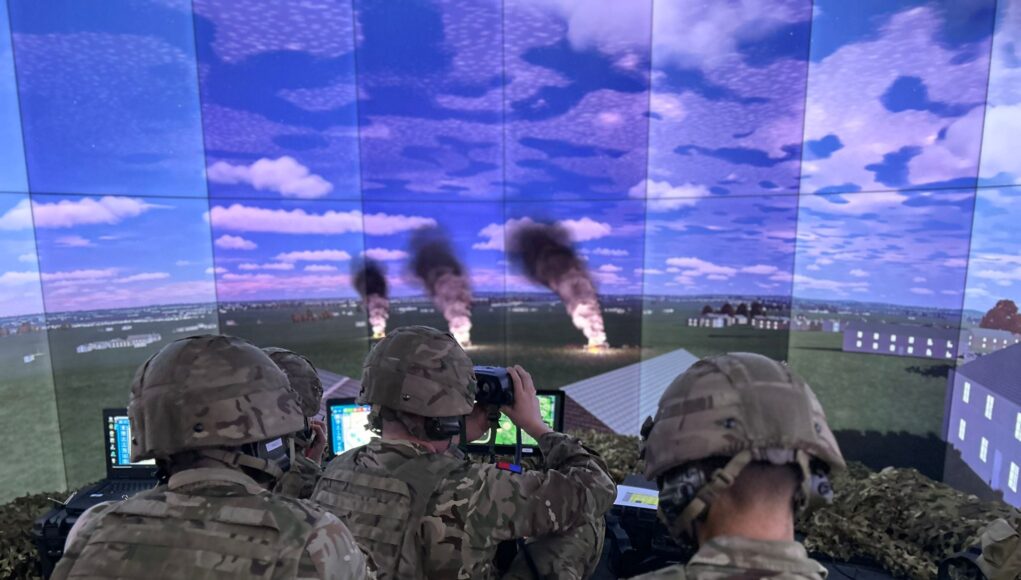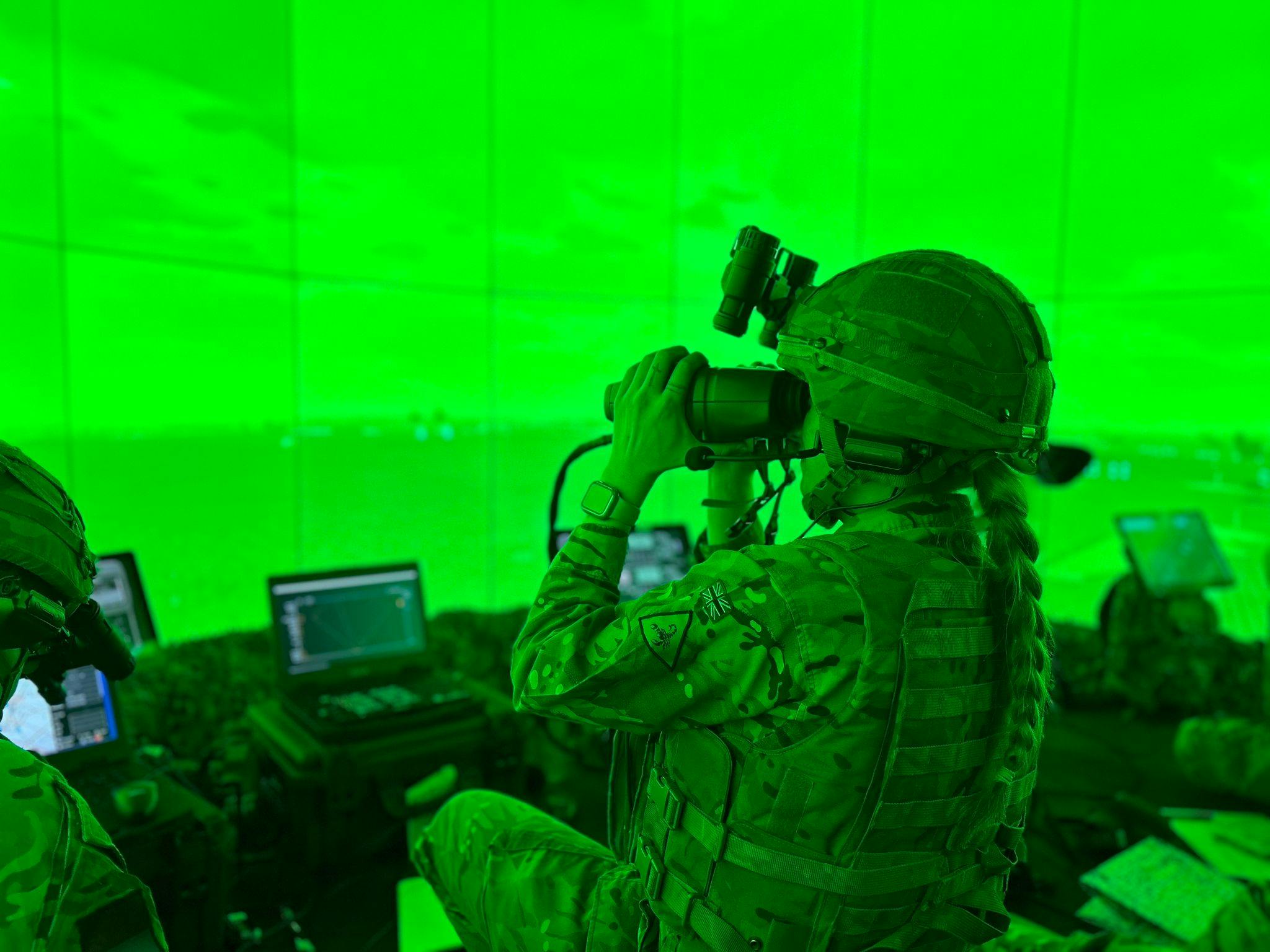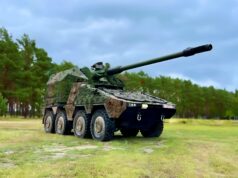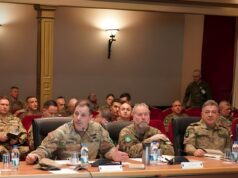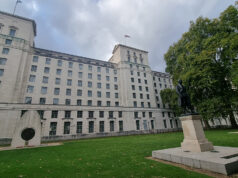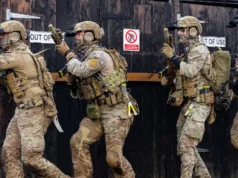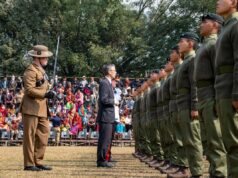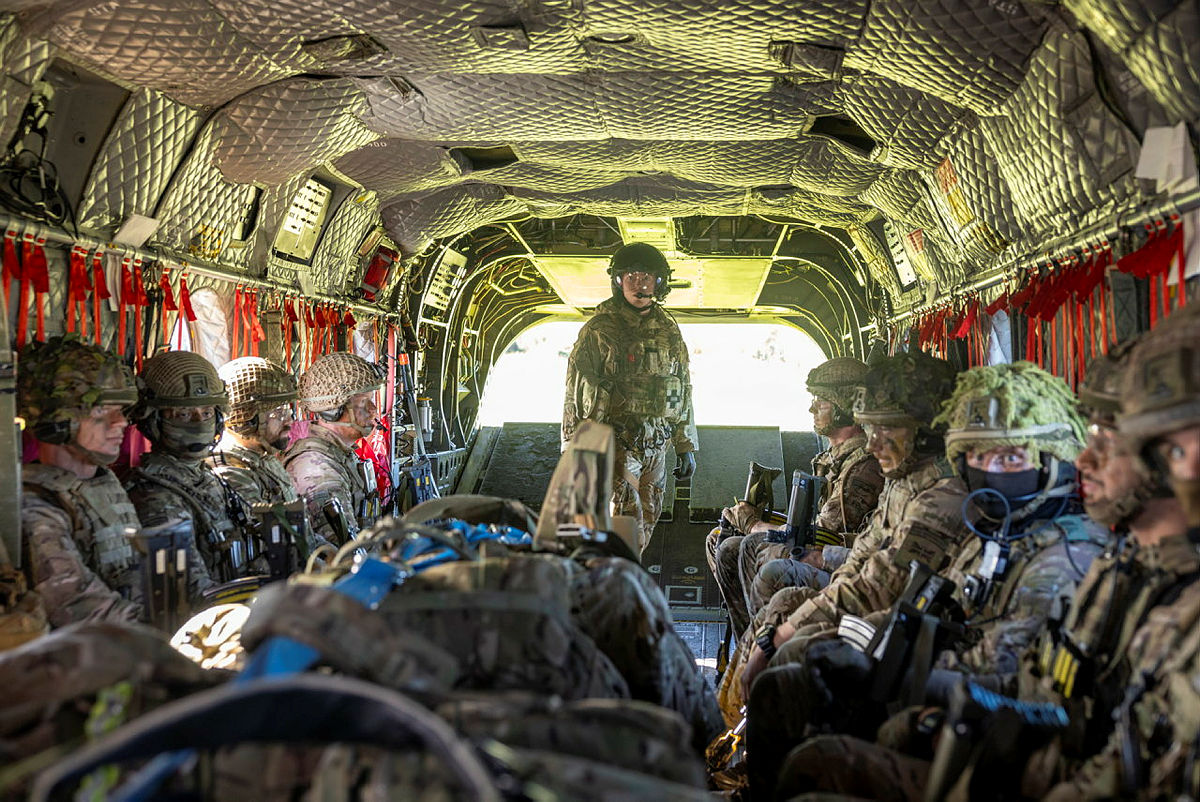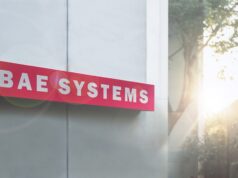Elbit Systems UK (ESUK) has announced the completion of its delivery of the Joint Fires Synthetic Trainer (JFST) programme to the British Armed Forces.
The final phase, involving System Acceptance Trials (SAT) for the mobile component, was recently completed, according to the company.
The JFST suite equips Joint Fires Operators—those who direct fire from artillery, aircraft, and drones—with high-fidelity training in complex scenarios. The company stated that the system eliminates the need for live assets, reducing costs while increasing training capacity for the Armed Forces.
The JFST programme comprises six distinct variants, including a 285-degree dome for Joint Terminal Attack Controller (JTAC) training, systems for mounted and dismounted operations, and platforms for battle group-level exercises. These systems are already in use at key locations, such as the Royal School of Artillery in Larkhill and the Air Ground Operations School at RAF Leeming.
The mobile component, the final piece of the programme, was deployed to 3 Commando Brigade Fires Personnel in Scotland, with further exercises planned. According to ESUK, the systems have already delivered over 12,000 hours of training, benefiting both UK and NATO forces.
ESUK highlighted the cost-effectiveness of the synthetic training approach, which enables personnel to sense, decide, and control joint effects without deploying live military assets.
The systems are also accredited for use by NATO allies, reinforcing their role in joint training exercises.
“JFST is a highly capable and technologically advanced training system which has demonstrated the benefits synthetic training can provide to the British Armed Forces,” said Martin Fausset, CEO of Elbit Systems UK. “We will continue to support this training for all branches of the Armed Forces.”
According to ESUK, the deployment of the mobile system in Scotland is just the beginning, with further exercises planned to maximise the system’s potential. With its wide-ranging capabilities, JFST is set to remain a cornerstone of British military training in the years to come.


